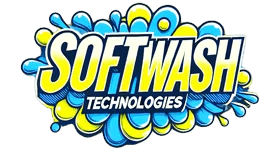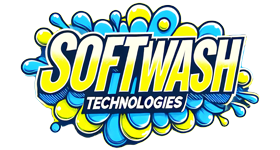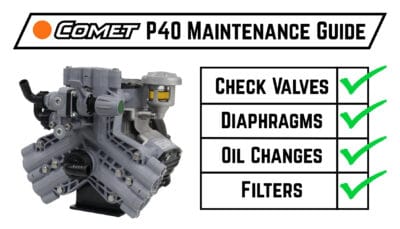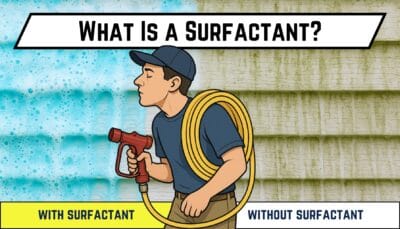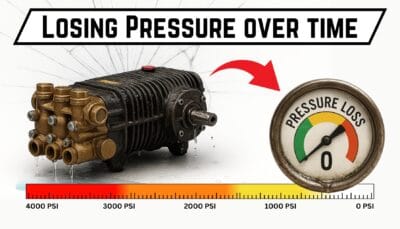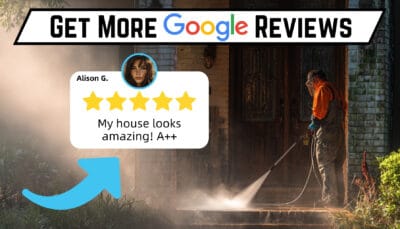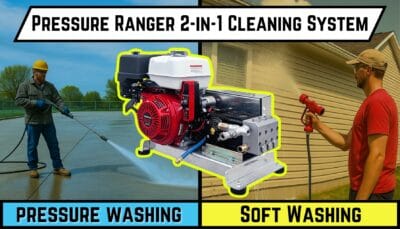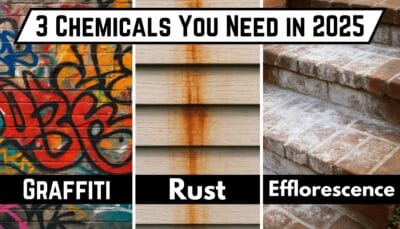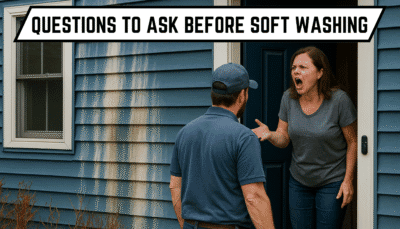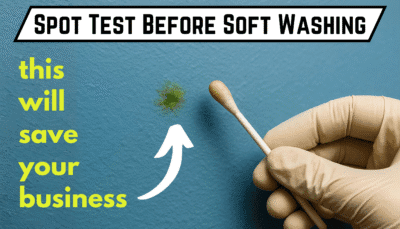What Is a Surfactant and Do You Really Need One?
- Posted by: Collin Steele
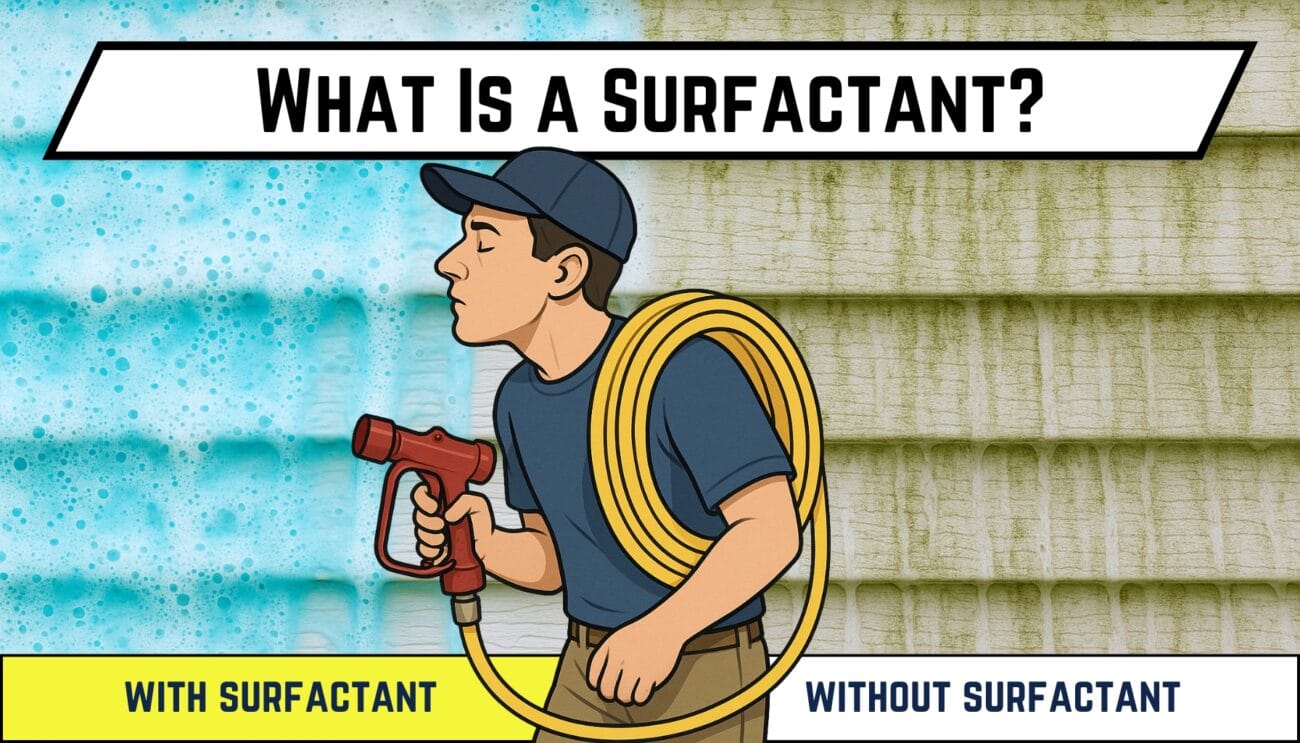
If you’ve been soft washing for a while, or even if you’re just starting out, you’ve probably heard the word surfactant get tossed around a few times.
A surfactant is short for surface active agent. It’s a substance that reduces the surface tension of a liquid, making it possible for the liquid to move past the surface and soak in deeper.
In soft washing, the surfactant is the soap you add to your SH and water. It helps your solution stick where you spray it, which gives your SH more time to work on mold, algae, grime, and whatever else you’re cleaning. Most soft washing surfactants also add foam, so your mix stays put and doesn’t run off before it does its job.
Do You Really Need One?
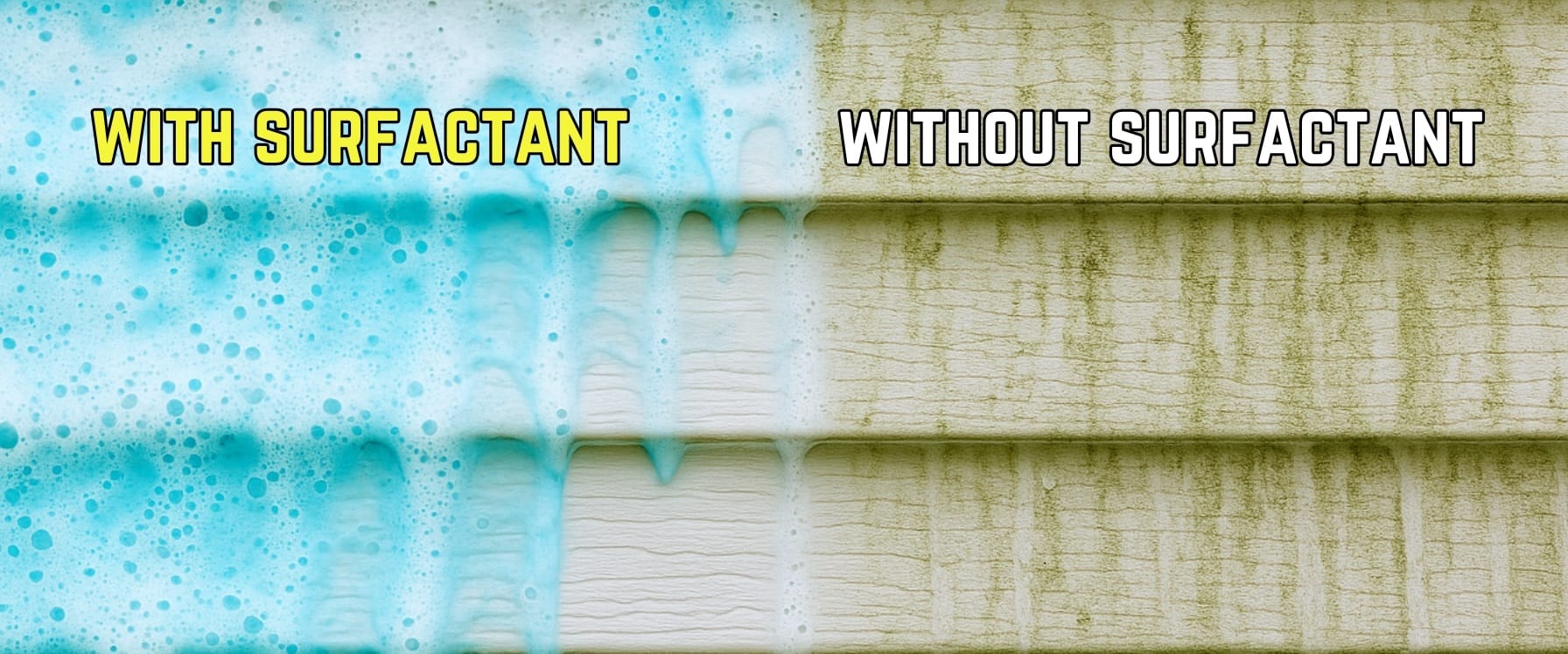
A very common question that most new guys ask is: If SH is already doing the cleaning, why would you need a surfactant?
SH is powerful and it’s the main chemical used in soft washing BUT if it doesn’t stay on the surface long enough, it won’t do its job right.
Think of it like this: anything that doesn’t sit for a bit can’t really soak in and do what it’s supposed to do.
SH needs time to break things down and without a surfactant, your mix can run off too fast especially on roofs or vertical walls so you end up using more chemicals, doing more passes and getting uneven results.
But if you use a surfactant your mix clings better and stays on the surface longer. That gives the SH time to sit and actually do its work instead of dripping off too soon.
On top of that, most surfactants come with a scent to help mask the strong smell of bleach. Homeowners usually don’t want their house smelling like chemicals, so the scent can make the whole process a lot more pleasant and ease concerns about kids, pets, or plants.
So if you ask me, can you soft wash without a surfactant? Sure.
But can you really get the same clean, save chemical, and move faster without it?
Probably not.
Are There Different Kinds of Surfactants?
Yes, surfactants come with a few options that can make your job a little easier.
* Some are colored to add visibility and help you see exactly where you’ve already sprayed, if you’re not satisfied with the clear ones. That means fewer missed spots and less wasted chemicals.
* As mentioned, most surfactants are also scented to help tone down the bleach smell while you work and be easier on the nose.
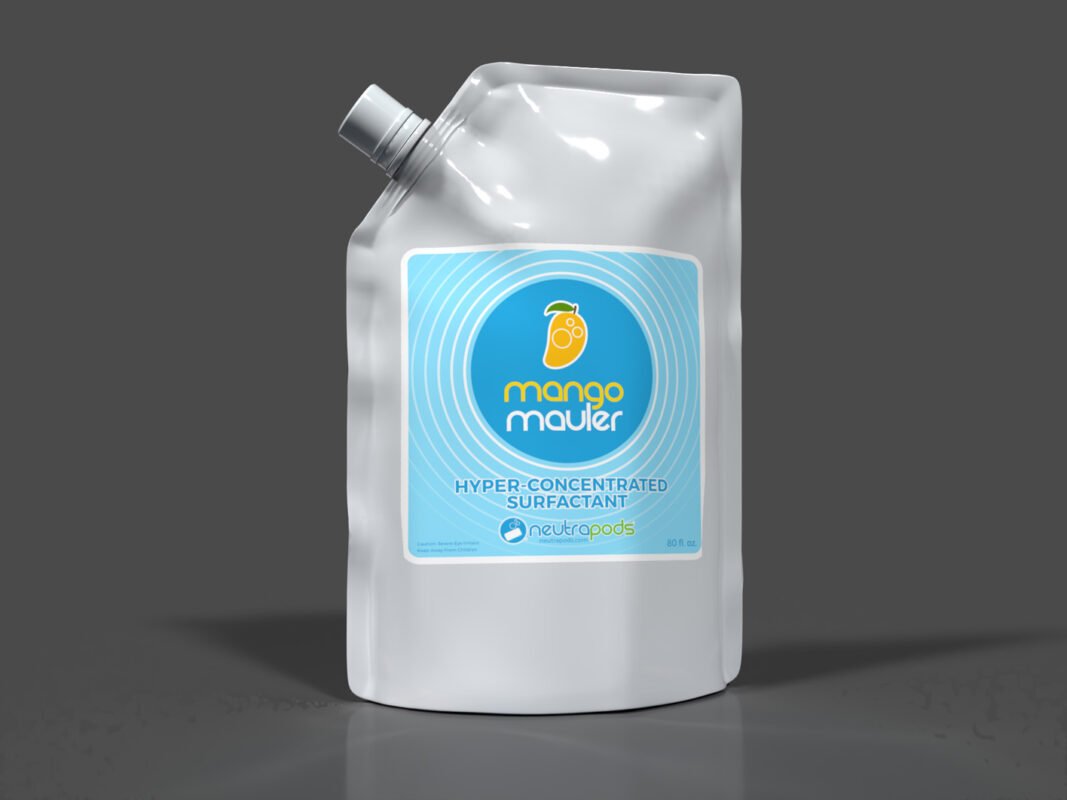
If you’ve been spending more time on the job than you should, or you’re not satisfied with the results your mix is giving you, it might be time to grab yourself a surfactant so your solution can actually stay put and do its job right. It’s just one of those small things that ends up making a big difference.
Latest Blog Posts
If you’ve been soft washing for a while, or even if you’re just starting out, you’ve probably heard the word
...